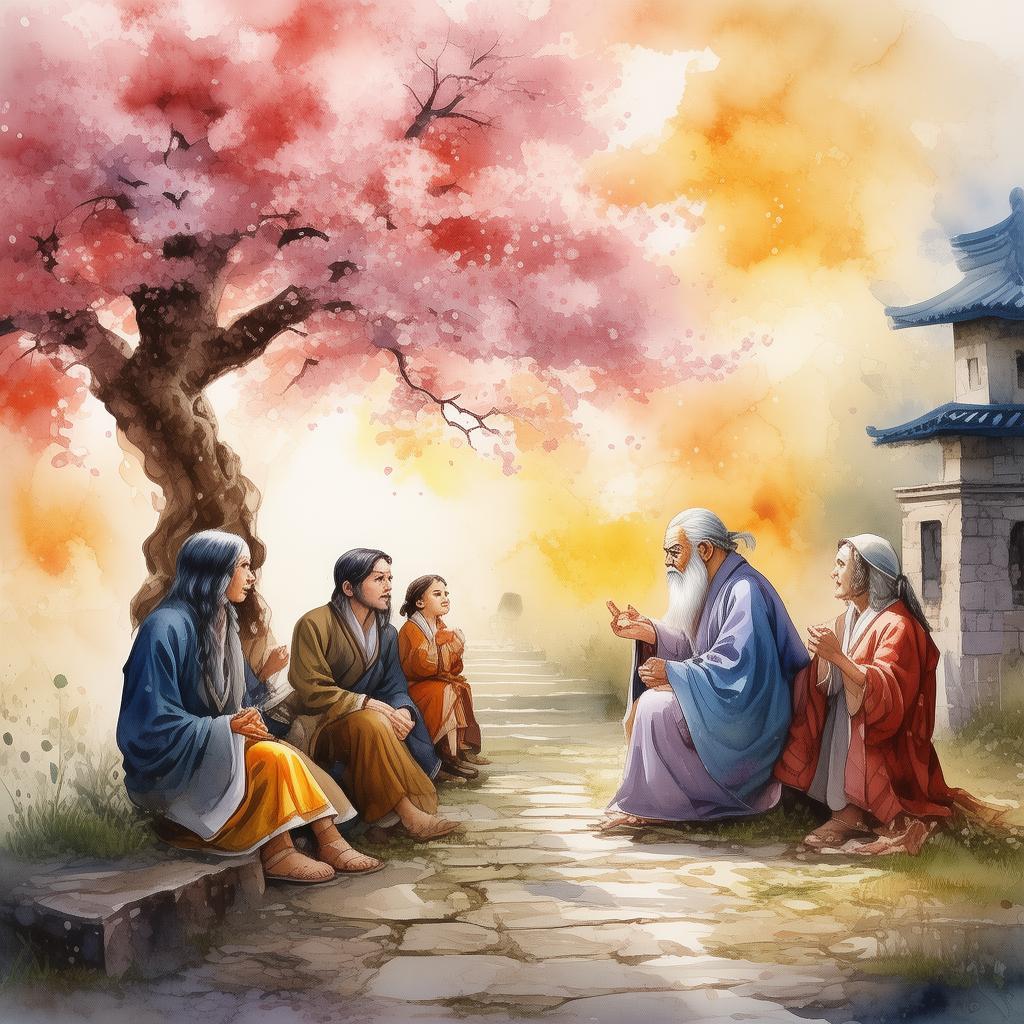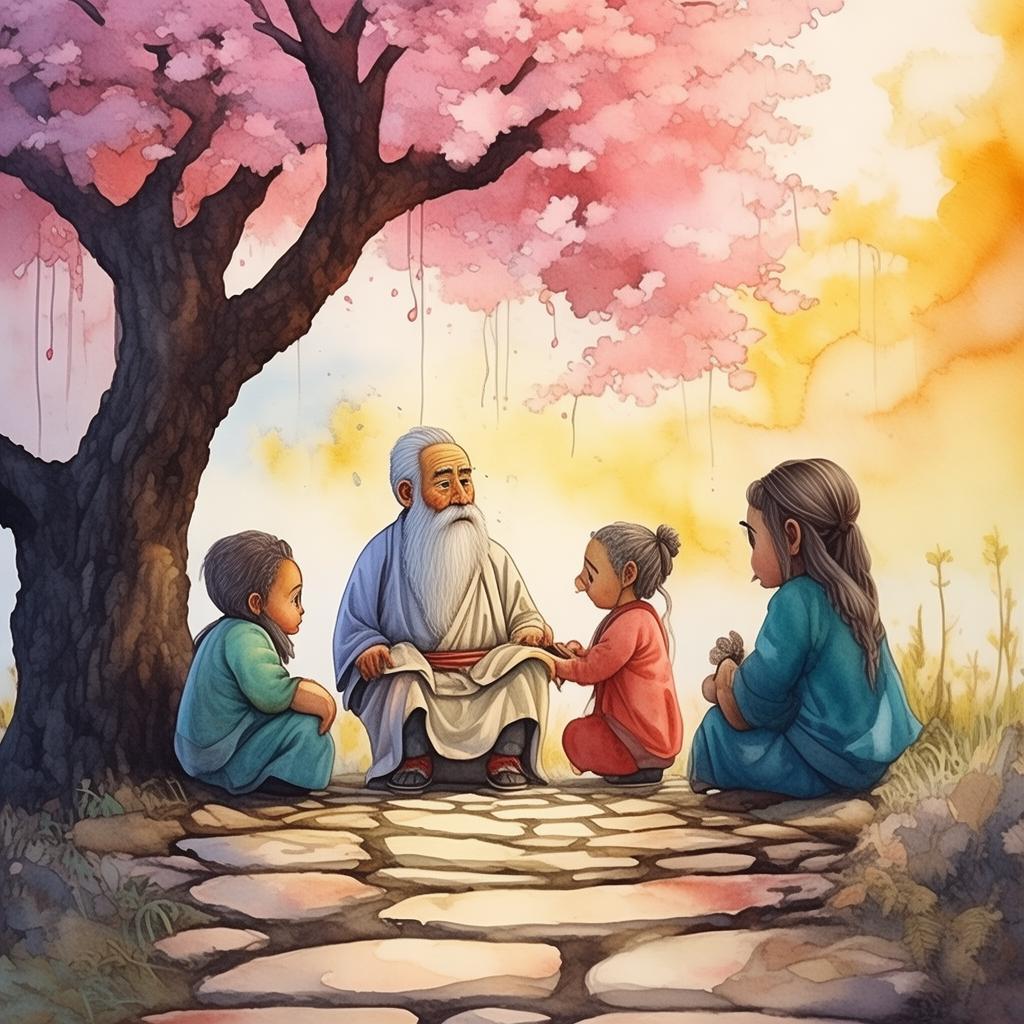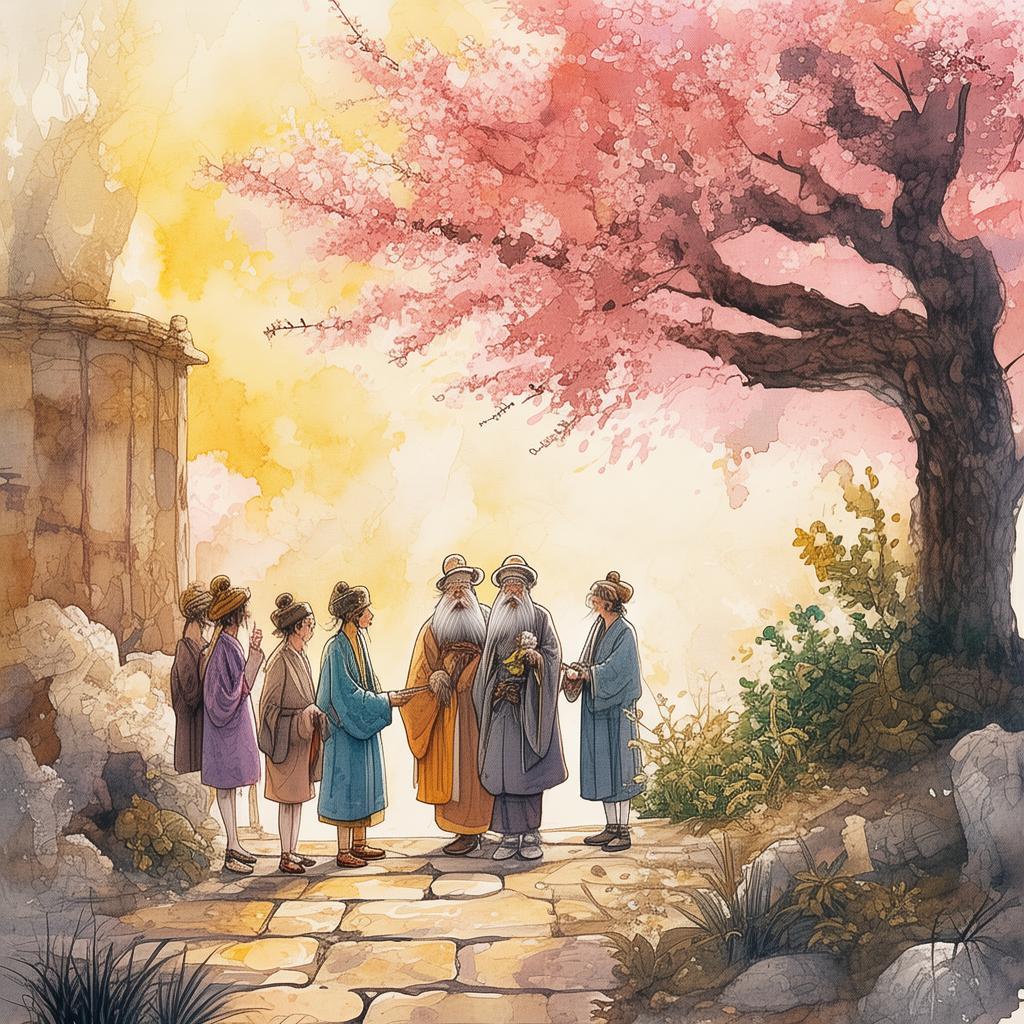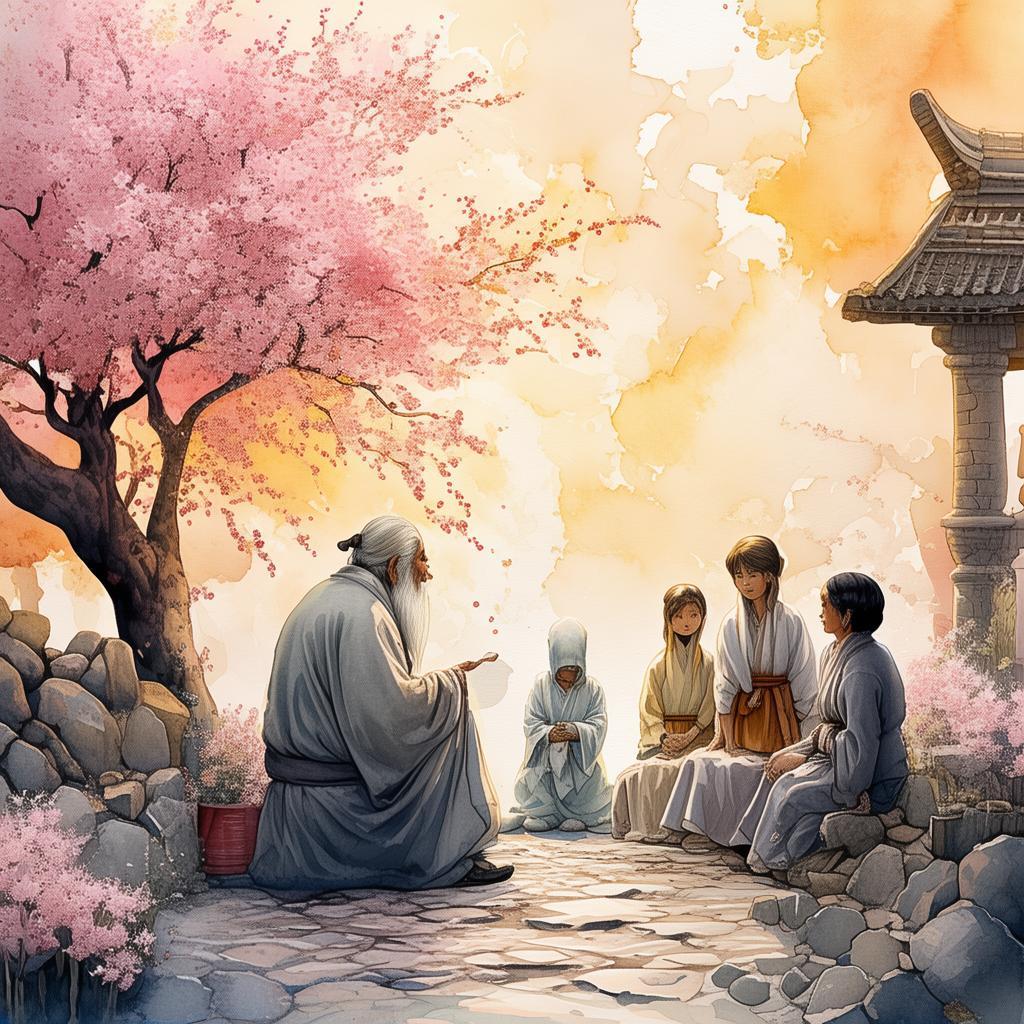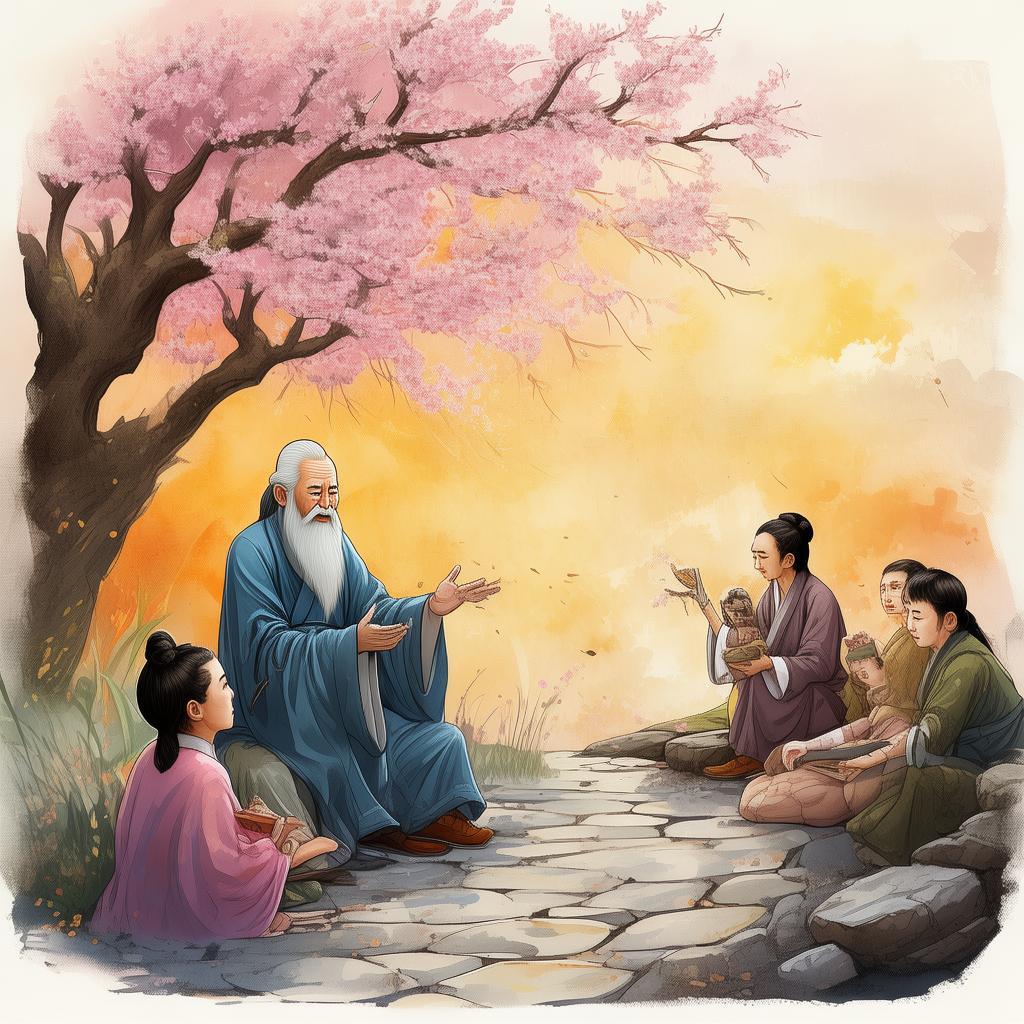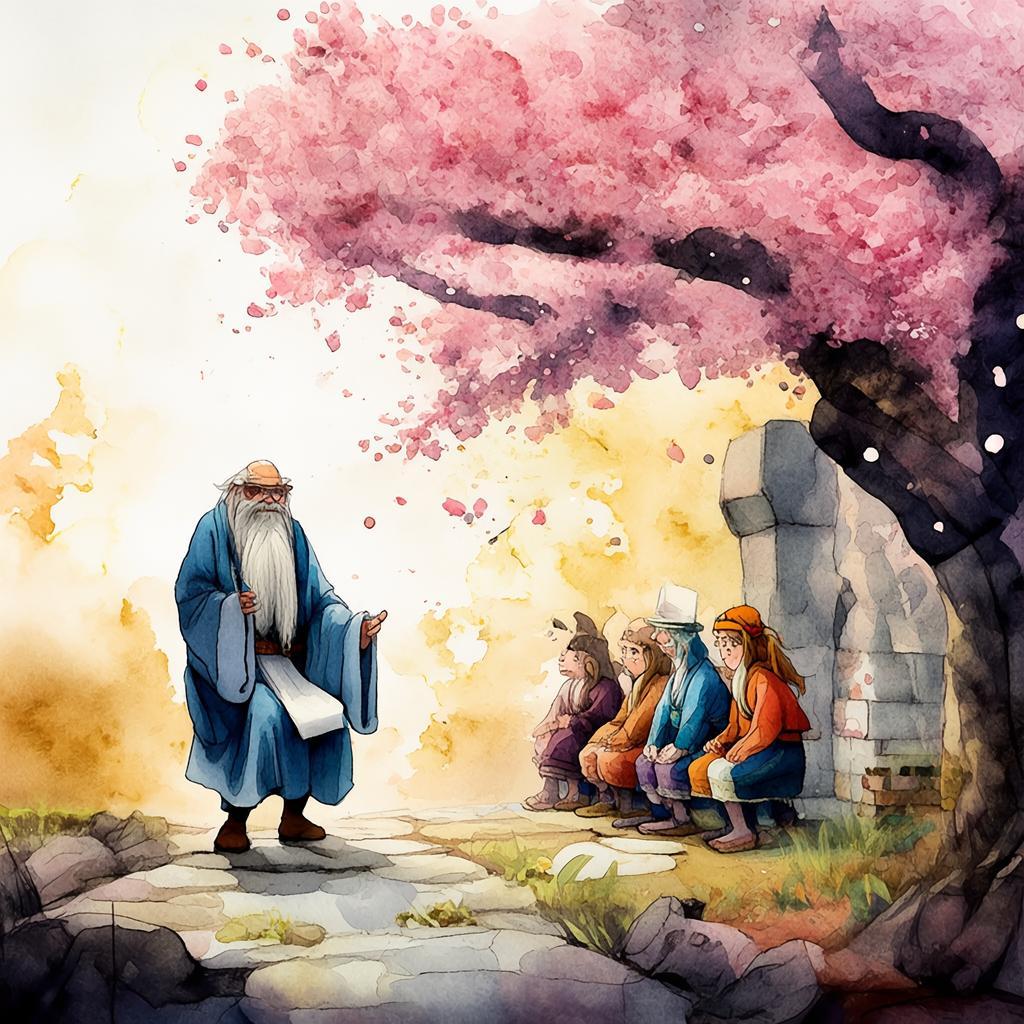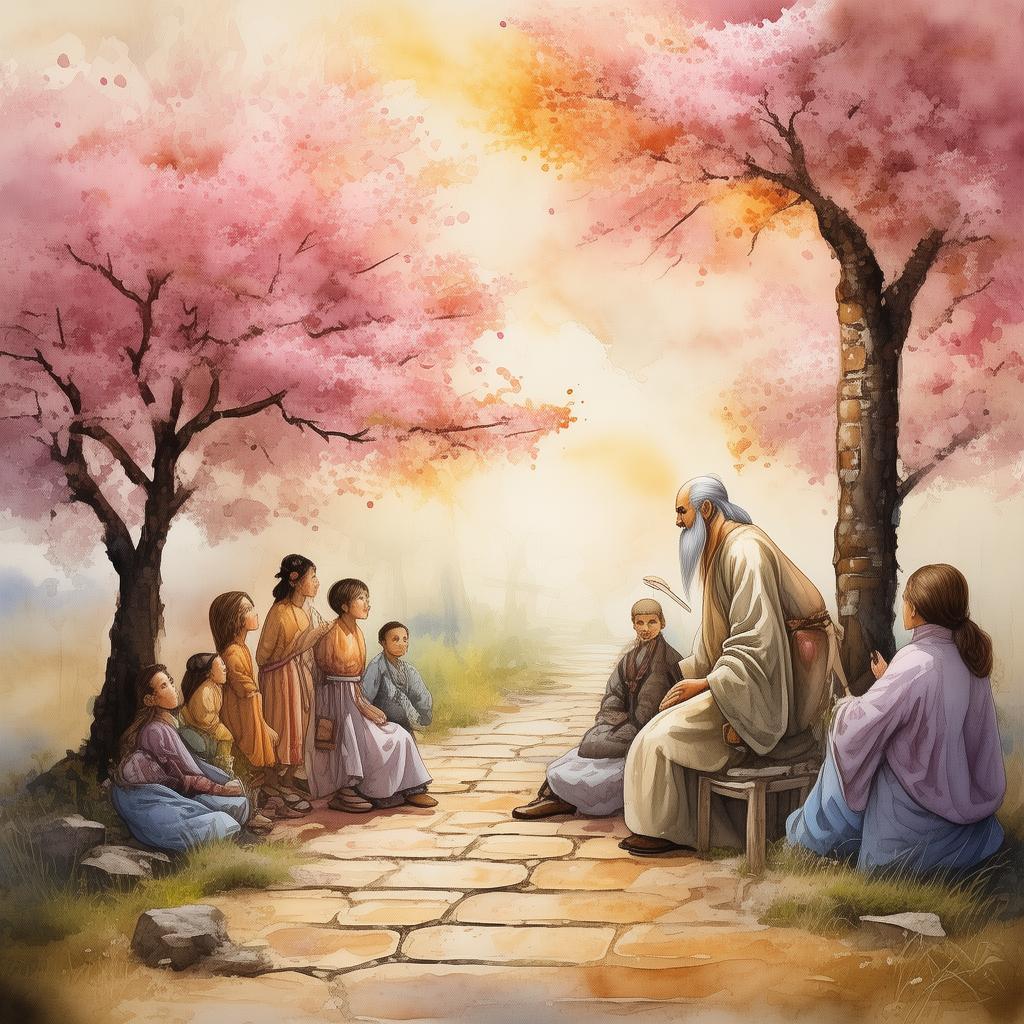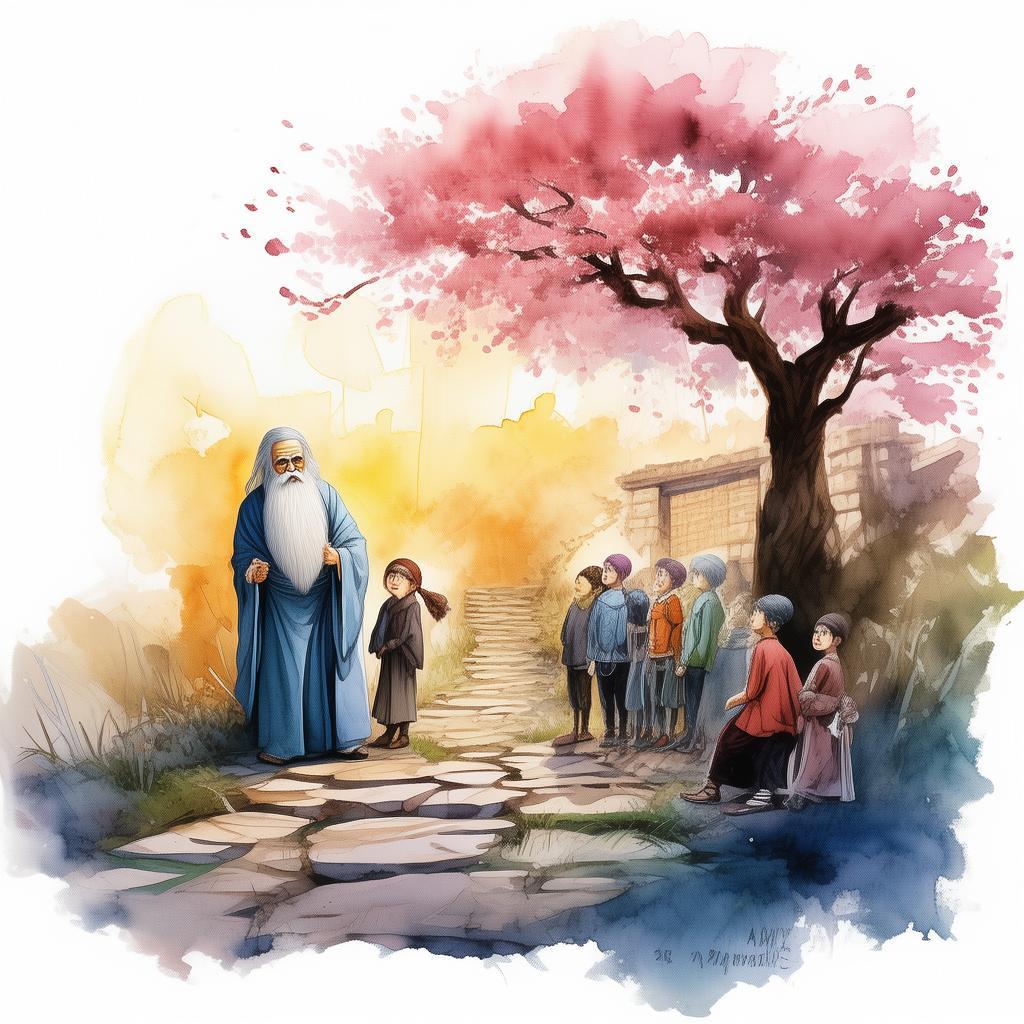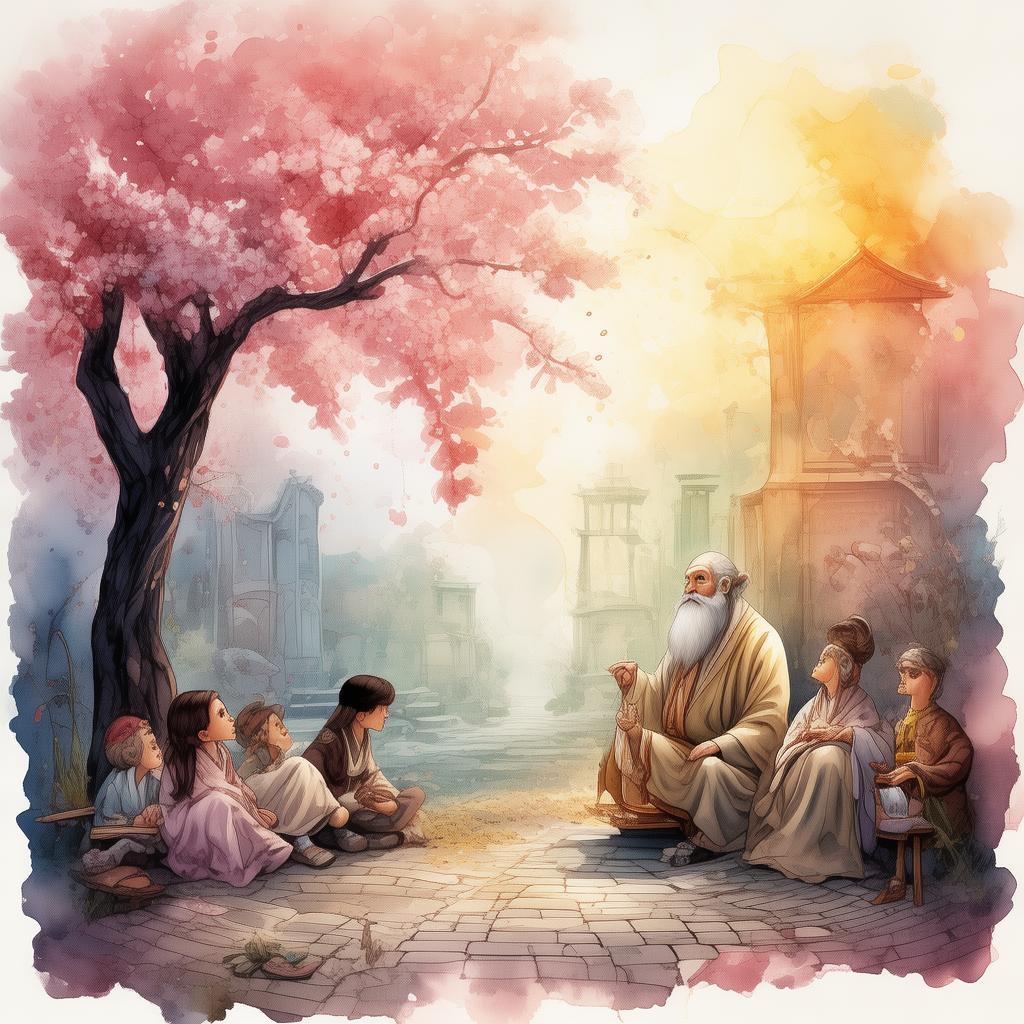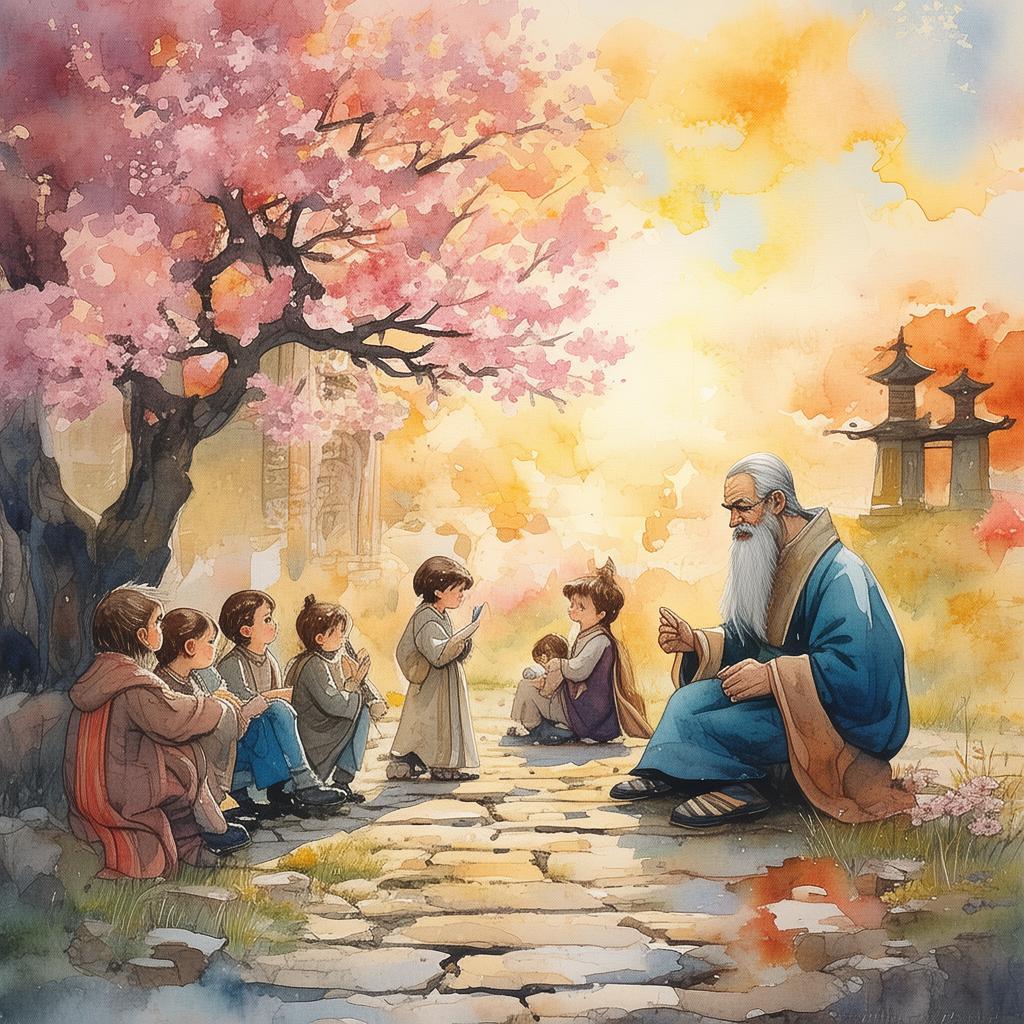The Puppeteer's Lament: Strings of Fate in Handcrafted Drama
In the heart of an ancient Chinese city, there stood a theater known as the "Dreamweaver's Stage," where the puppeteers were revered as the keepers of fate. Among them was a man named Lin, a master puppeteer whose hands were as deft as they were sorrowful. His life was a testament to the old Chinese proverb, "Strings of Fate," for it was said that the strings in his hands controlled not only the puppets on stage but also the strings of his own destiny.
Lin's story began on a fateful night when he first laid eyes on the puppets his father had crafted. The puppets were not mere toys but intricate pieces of art, each with its own character and story. His father, a renowned puppeteer, had passed away, leaving Lin with a legacy of strings and a promise to continue the family trade. Little did Lin know that his journey would be fraught with tragedy and redemption.
The theater was a sanctuary for Lin, a place where he could escape the harsh realities of the world. He spent his days perfecting his art, creating puppets that seemed to come to life with every gesture and expression. His most prized creation was a puppet named Xiao, whose eyes seemed to hold the wisdom of ages.

One evening, as the stage lights dimmed and the audience settled into their seats, Lin prepared to perform his masterpiece. The play was a tragic tale of love and loss, and Xiao was the protagonist, a young man whose fate was to be separated from his beloved. As Lin manipulated the strings, Xiao's story unfolded, and the audience was captivated.
But as Xiao's heart ached on stage, so too did Lin's. He felt the weight of his own unrequited love for a woman named Mei, who had been his childhood friend and confidant. Mei had always been his muse, inspiring the stories he weaved into his puppets. Yet, his love remained unspoken, and as the years passed, it became a silent sorrow that he carried with him.
As the play reached its climax, Xiao's love was lost, and the audience was left in tears. In that moment, Lin realized that the strings of fate were not just the strings of his puppets, but the strings of his own life. He had been puppets himself, manipulated by the strings of his own emotions and circumstances.
The next morning, Lin found himself at the edge of a precipice, looking out over the city below. He felt the weight of his sorrow and the strings that bound him to a life of solitude. It was then that he decided to confront the strings of fate head-on. He would create a new play, one that would not only entertain but also confront the very essence of his own existence.
With the help of Mei, who had been his silent companion through the years, Lin crafted a new play titled "The Puppeteer's Lament." The story was about a master puppeteer who discovers that the strings of fate are not just the strings of his puppets but also the strings that bind him to his own heartache. The play was a raw and emotional journey, one that mirrored Lin's own soul.
As the play was performed, the audience was once again captivated. They watched as Lin's character, the puppeteer, faced the strings of fate and discovered the power to change his own destiny. In the end, he chose to release the strings and embrace the love that had been there all along.
After the final curtain call, Lin and Mei stood together on the stage, the strings of their own lives now in their hands. They had faced the strings of fate and learned that the true power lay not in the strings themselves, but in the courage to reach out and take control.
The Puppeteer's Lament became a sensation, not just for its artistic merit but for the emotional impact it had on its audience. Lin's journey had become a beacon of hope, a testament to the fact that even the most sorrowful strings of fate can be tamed by the hands of a masterful heart.
And so, Lin and Mei continued to perform, each puppet a reflection of their own lives, each string a reminder of the power to shape one's own destiny. The Dreamweaver's Stage became a place not just of entertainment but of transformation, where the strings of fate were woven into the fabric of human emotion, and the puppeteers were the keepers of both story and soul.
✨ Original Statement ✨
All articles published on this website (including but not limited to text, images, videos, and other content) are original or authorized for reposting and are protected by relevant laws. Without the explicit written permission of this website, no individual or organization may copy, modify, repost, or use the content for commercial purposes.
If you need to quote or cooperate, please contact this site for authorization. We reserve the right to pursue legal responsibility for any unauthorized use.
Hereby declared.
